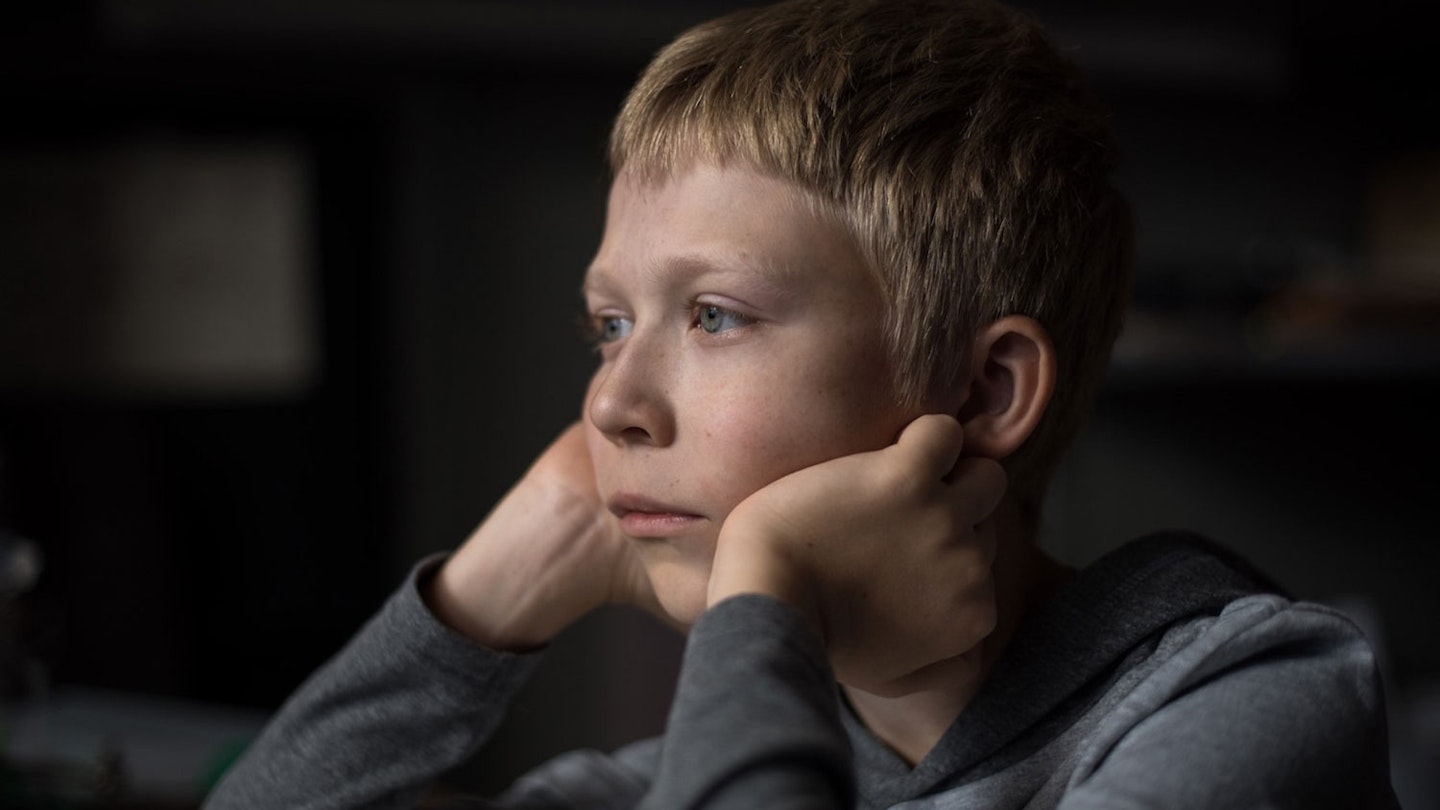Many critics greeted Loveless’s Cannes premiere with levels of praise the risen Christ would find OTT, not for one second questioning whether or not they had seen that rare thing: a piece of art that needs a slap.
It’s not that Andrey Zvyagintsev’s Loveless is bad. Far from it: it’s superbly performed, beautifully photographed, and every frame has clearly been considered thoroughly. Not a scene goes by that doesn’t carry a carefully considered critique of the conditions in contemporary Russia, with the message artfully disguised just enough to avoid serious political censure. It’s just that, if this film was a person, it would be an entirely obnoxious one.
Michael Haneke carries a lot of the blame: decades ago he took the nailed-down, far-away camera of Antonioni and co and blended it with a worldview that, if it came from a student and not some greybeard film fest totem, would have you gently suggest that they get out more, take a bit of exercise, and try and meet some nice new people.
Loveless is a good film, but one that's hard one to recommend.
This style and stance is eminently imitable, and while this is nowhere near as much of knock-off as, say, 2011’s paedophile romp Michael, it’s hard not to want to tell the on and off-screen creators to lighten up. From Loveless’s title on down, it’s as obsessively, studiedly bleak as a 1992 Nine Inch Nails video, and could be similarly comic if seen in the wrong mood.
But if the desire to wallow in the nightmarish venality of Putin’s Russia seizes you, there's a lot to respond to here. Coming out and saying that Putin’s gangster capitalism may not be the best thing for Russia isn’t the wisest idea for artists who enjoy using their teeth, so there’s much oblique social comment on authoritarianism, inequality, phoney religion and collapsing state provision you don’t need to be Kremlinologist to decode.
The depiction of the central couple is toe-curlingly awful, and so highly recognisable to anyone with a romantic failure in their past. Maryana Spivak and Aleksey Rozin find the nuances in extravagantly bitter material – they’re screaming at each other before their son disappears, and they only hate each other more as the film progresses.
And yet, if you want to watch the embers of a relationship snuffed out, Cassavetes and Bergman have done it with more nuance, and without feeling the urge to include a scene where tension is consciously built over whether the camera will show a child’s corpse. Loveless is a good film, but one that's hard one to recommend. And that’s the core of the it: lots to chew on, but does it all have to be gristle?
